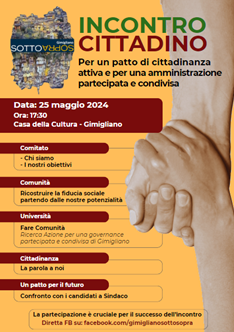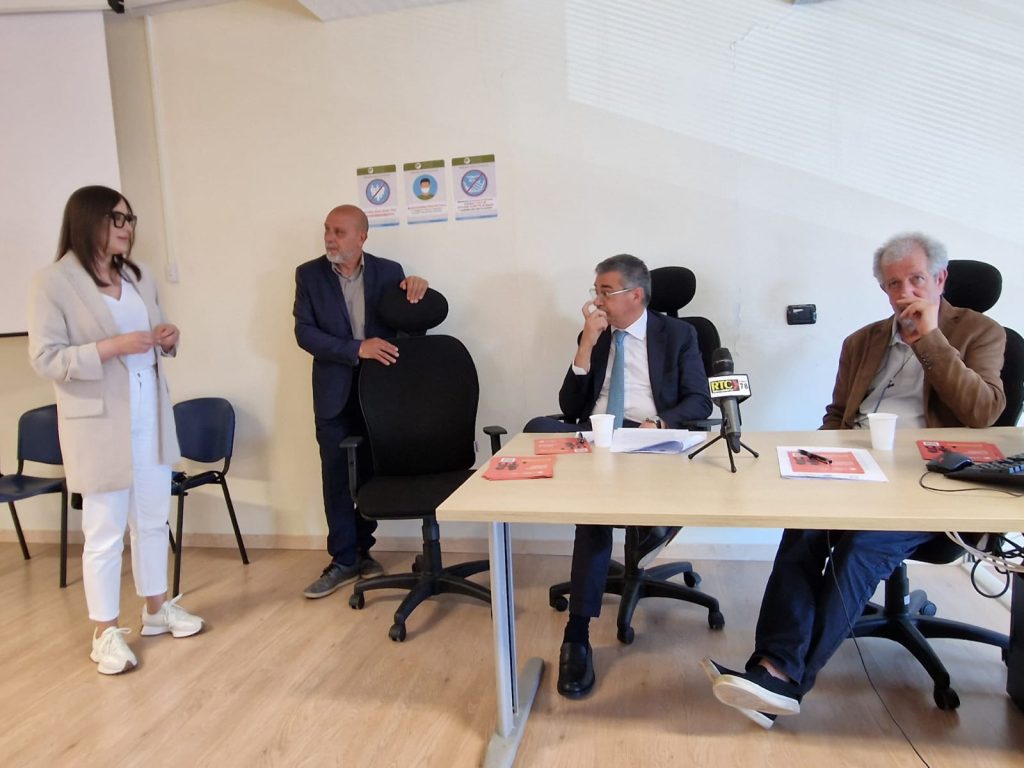by Demetra Barone, exclusive for The diagonales
The tragic poet Agathon gives a party to celebrate his theatrical victory.
Among the guests are Socrates and his disciple Aristodemus. After offering some good honeyed wine, the host asks the guests what they want to discuss that evening and one of them, Erissimaco, proposes the discussion about Eros, that is, about love.
Socrates arrives late to the banquet because he got lost in a courtyard where the truth spoke to him, on the door there is Agathon impatiently waiting for him and asks him: “I want to sit near you during the banquet because in this way I will offer you my head like an empty cup and you master will pour into this cup the knowledge that the truth has transmitted to you”. Socrates answers Agathon: “I am empty like you and like you I desire to know.
It is the opening of the Symposium of Plato and Socrates, which will conclude the banquet with his speech, speaks to us of emptiness and desire.
Emptiness is a lack and Socrates experiences a lack when he relates to someone who wants to learn from him. Desire is an erotic act triggered by this lack. He who loves, loves what he does not yet possess. Love is not fullness, it is poverty and represents for every man the impetus towards something foreign to himself.
Socrates’ position is the position of a master who decides not to fill empty cups but who puts himself in an unarmed position, of poverty, with respect to his pupil and in this unarmed position finds the love necessary to create a relationship of mutual learning.
In today’s globalized and complex society, where poverty and lack are seen as necessarily negative states and where the discourse on desire is increasingly focused on the object of love, the beloved, and little on the one who loves, the lover, what happens to masters?
What happens is that teachers still risk filling heads considered empty and above all they risk no longer falling in love with what they do by force of filling the voids of others instead of accepting their own and those who leave in the experience of teaching. It has always been the hard core of the school.
Pedagogy, together with didactics, in different ways and with different tools, have made enormous strides towards creating an ideal teaching environment. But while many achievements have been made and continue to be made, new problems arise, starting with the loneliness, social or individual, of those who live inside and outside the school. It is here that Socrates’ words become, indeed they remain, warnings.
If the social tendency is towards homologation, the teachers should focus on the diversity that populates society. They should start from what they do not know and fall in love with the diversity of their students, their set of knowledge, skills and feelings.
Demonstrate their interest, which is love, in the personal stories of their students. From here tell what they know, start to fill the gaps of the students while they try to fill their own gaps. “I’m interested in you,” perhaps this would be more often heard from every student, young child or adult.
But the interesting thing is that even outside of school you find yourself faced with teaching and learning processes, even if they are unstructured and often random.
Even outside of school each of us is faced with the experience of emptiness and lack that comes from the relationship with diversity, that is, with what we don’t know or can’t understand. In the face of this lack can arise hatred, which is the attitude of those who do not accept that the different puts their truths in crisis, or love, eros, which is the attitude of those who accept that the different puts their truths in crisis and want to know the truths of the other, not necessarily renouncing their own, rather talking about their own truths to the other.
In the first case, it is the case of racists, one lives a condition of perennial unhappiness because one cannot accept the lack of lost solidity.
In the second case, it is the case of those who welcome and relate, you live a condition of happiness, connected to the aspiration to know.
Masters by trade or not, we should all put ourselves in the condition of Socrates’ mind and soul, who poor and empty gives himself to the other and who in this poverty finds the desire to teach and learn.
Starting from emptiness and the experience of lack, not to be overcome by easy, and therefore maneuverable, fears, but to accept fears and overcome them, for example through curiosity, through the desire to know and then find a human solution to fears.
These are imperatives that society imposes on us, confronting diversity every day, even when we are not looking for it.





